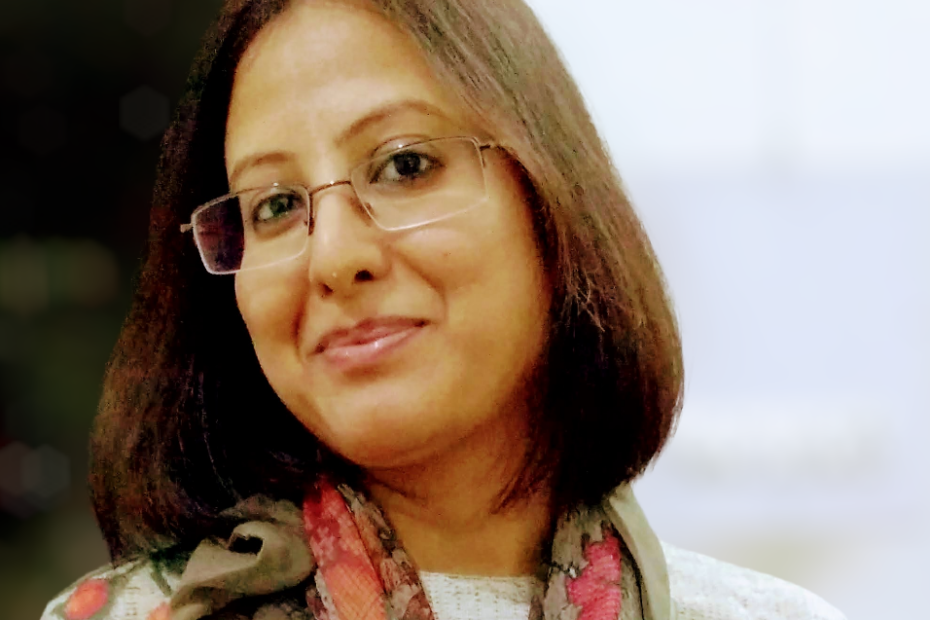My fascination and interest in plants began with books containing beautiful botanical illustrations gifted by my mother. Ever since, I knew belonged to the domain of Plant Biology and I wish to be associated with them in some form or the other.
Translational research has been the determinant of my career throughout. For my Masters thesis I chose Stevia rebaudiana, the natural sugar substitute as my subject. I was studying the differential Stevioside and Rebaudioside A levels in the various cell lines established by me. Conservation and cryopreservation of medicinal plants was a hot domain then in 2007 and I worked on plants like Spilanthes, Bixa, Asparagus, Piper longum for their conservation strategies Ex situ. I am also a recipient of two University Gold Medals and a National Level Scholarship to pursue the Masters course.
I initiated my Ph.D. as a collaboration between the Indian component of International Centre for Genetic Engineering & Biotechnology (ICGEB) and University of Delhi both very prestigious in India. Crop Improvement was the focus of my doctoral studies, and I chose rice as the model crop for my thesis. Cereals are important for India and rice suffers heavily from abiotic and biotic stress, a situation aggravated by climate change and warming. I was trying to characterize several genes and promoters wrt. abiotic stress as in cold, drought, heat and osmotic stress. My thesis was centered on LEA and eIF4 genes obtained from the highly drought tolerant grass of southern India-Pennisetum glaucum, the Pearl millet. A successful transfer of these genes in rice gave us rice transgenic lines tolerant to both salinity and drought.
Besides, I was also involved in a project focused on bioavailability of nutrients to eliminate hidden hunger in people. Phytase (phyA) was the gene of interest here which reduces the anti-nutrient effect of phytate by hydrolyzing it to inorganic phosphate and increasing the availability of phosphorous and other nutrients in the body. At HortiCell, I am involved in setting up a replicable, reliable and efficient pipeline for Brassica napus transformation for the GENESIS project. My goal is to develop a method that is easy to work with and is genotype-flexible which is a huge bottleneck in the field of transgenesis in any crop plant. To that end, I am investigating and evaluating several methods and factors that determine efficient genetic transformation.
